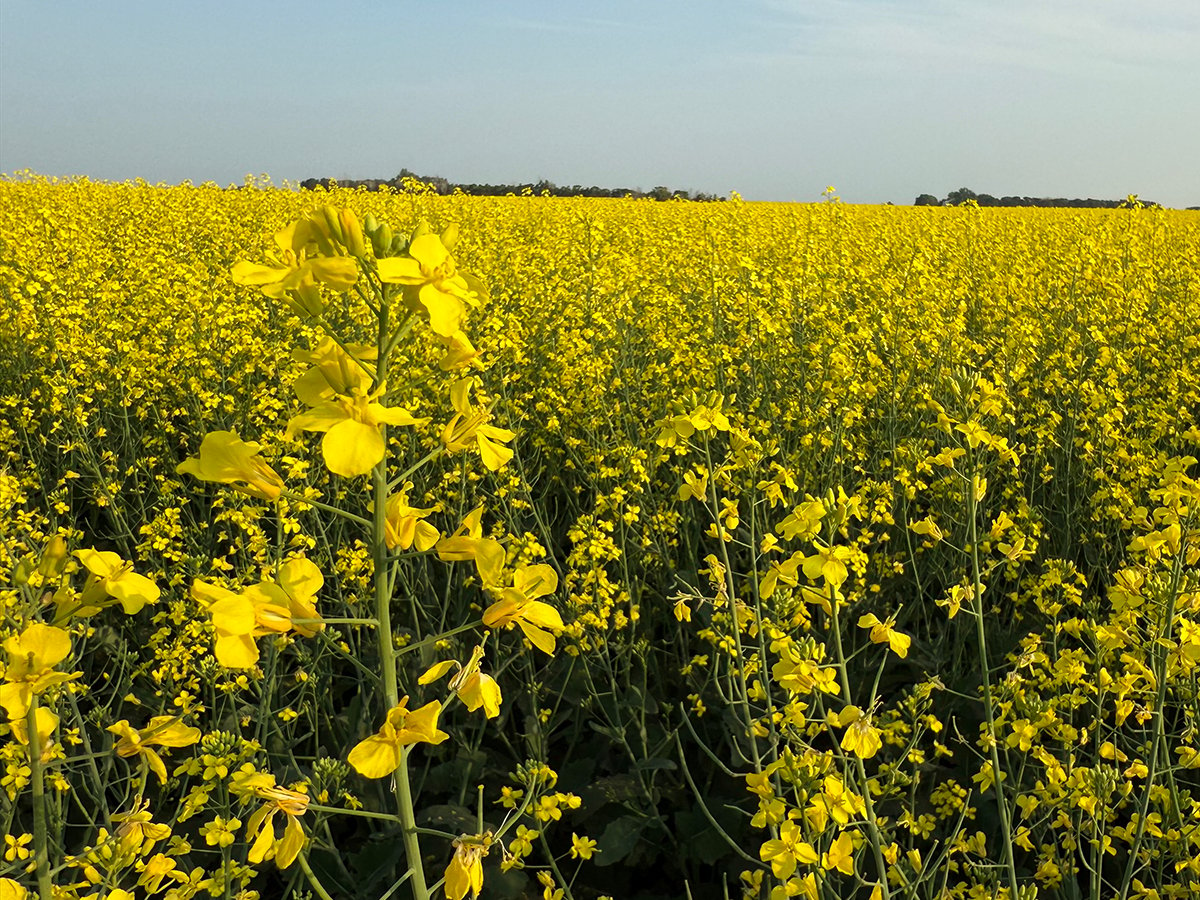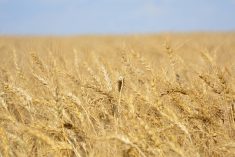The primary United Nations agriculture development agency is warning that climate change could devastate the food producing sectors of many developing countries, creating increased poverty, hunger and instability.
“Agriculture is the sector most affected by changes in climate patterns and will be increasingly vulnerable in the future,” said a report from the UN Food and Agriculture Organization (FAO).
“Especially at risk are developing countries which are highly dependent on agriculture and have fewer resources and options to combat damage from climate change.”
Without a change in climate trends or strategies to cope, an emerging food-producing powerhouse like India could find itself food insecure again, FAO analysts warn.
Read Also

Canola council cuts field agronomy team
The Canola Council of Canada is cutting its agronomy team as part of a “refreshed strategic framework.”
Yet a senior FAO official said in an interview that the gloomy prediction is far from inevitable.
Even as the world struggles to find ways to reduce greenhouse gas emissions that are contributing to climate change, the means exist to help many developing countries cope with the effects, said Jeff Tschirley, chief of the FAO environmental, climate change and bio-energy division.
Meanwhile, the Canadian Food-grains Bank said that the world’s most vulnerable people are at most risk from climate change and food aid agencies are preparing to deal with greater demands and more limited resources.
The Canadian International Development Agency and non-governmental aid agencies will both be affected, said Stuart Clark of the food-grains bank.
“The short answer is that Canadian NGOs have been considering this and there definitely is concern,” he said.
“All the critiques say we are going to see increased levels of food insecurity because of all this and it is worrisome.”
The foodgrains bank is part of the Canadian Coalition for Climate Change and Development that has been assessing likely impacts of climate change on the demand on food aid and development resources.
Those impacts include a need for more food as agricultural sectors in developing countries are undermined, increased cost of food if supplies are tighter and need grows, and an inability of aid agencies to buy supplies in regions where the food is to be delivered, which helps to bolster the local economies, because of dwinding supplies in developing regions.
Meanwhile, the recent surge in grain prices already is giving NGO aid groups a taste of the future of higher costs and stretched budgets.
Clark said the cost of landing a tonne of wheat in a recipient country has increased 50 percent this year to $600 but budgets have not increased to compensate.
“Nobody in government has been talking about increasing budgets because of the increased costs or the prospect of the impact of climate change,” he said from Winnipeg.
















